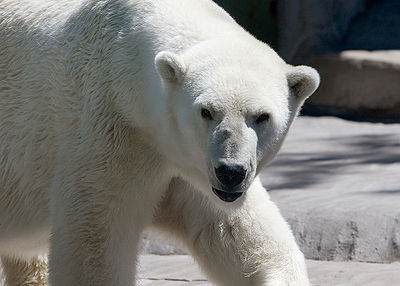
On March 7, 2013, the United Nations conference on wildlife trade in Bangkok defeated the proposal by the United States and Russia to crack down on international trade in hides and body parts of polar bears. The count was 42 nations against, 38 nations voted in favor while 46 countries including 27 member EU and Canada abstained.
Hunters in northern Canada still kill polar bears and sell parts internationally. Sadly, as there are fewer and fewer polar bears, demands for skin and parts rise and command high prices. The U.S., Russian and Norway prohibit export for commerce and trophy hunting. The EU, Japan and China are the main importers for skins and parts. In the U.S., Safari Club International and the National Rifle Association are fighting the ban.
Although some like the World Wildlife Fund argue that climate change is the reason for the decline in polar bear numbers, killing still makes the primary impact.
The convention will make decisions concerning manatees, turtles, elephants, rhinos, sharks and other species and the HSUS continues working to protect these and all animals.


